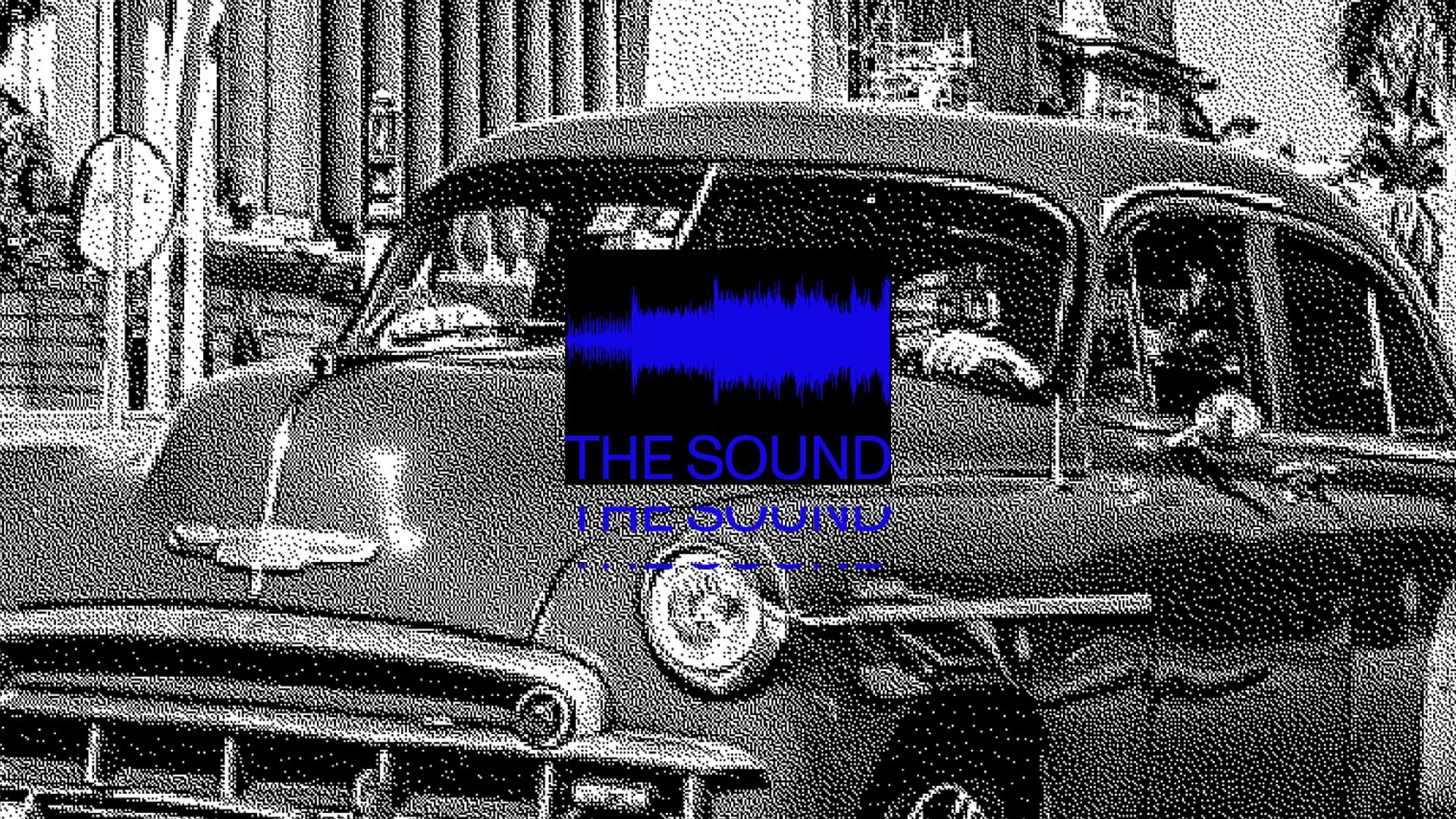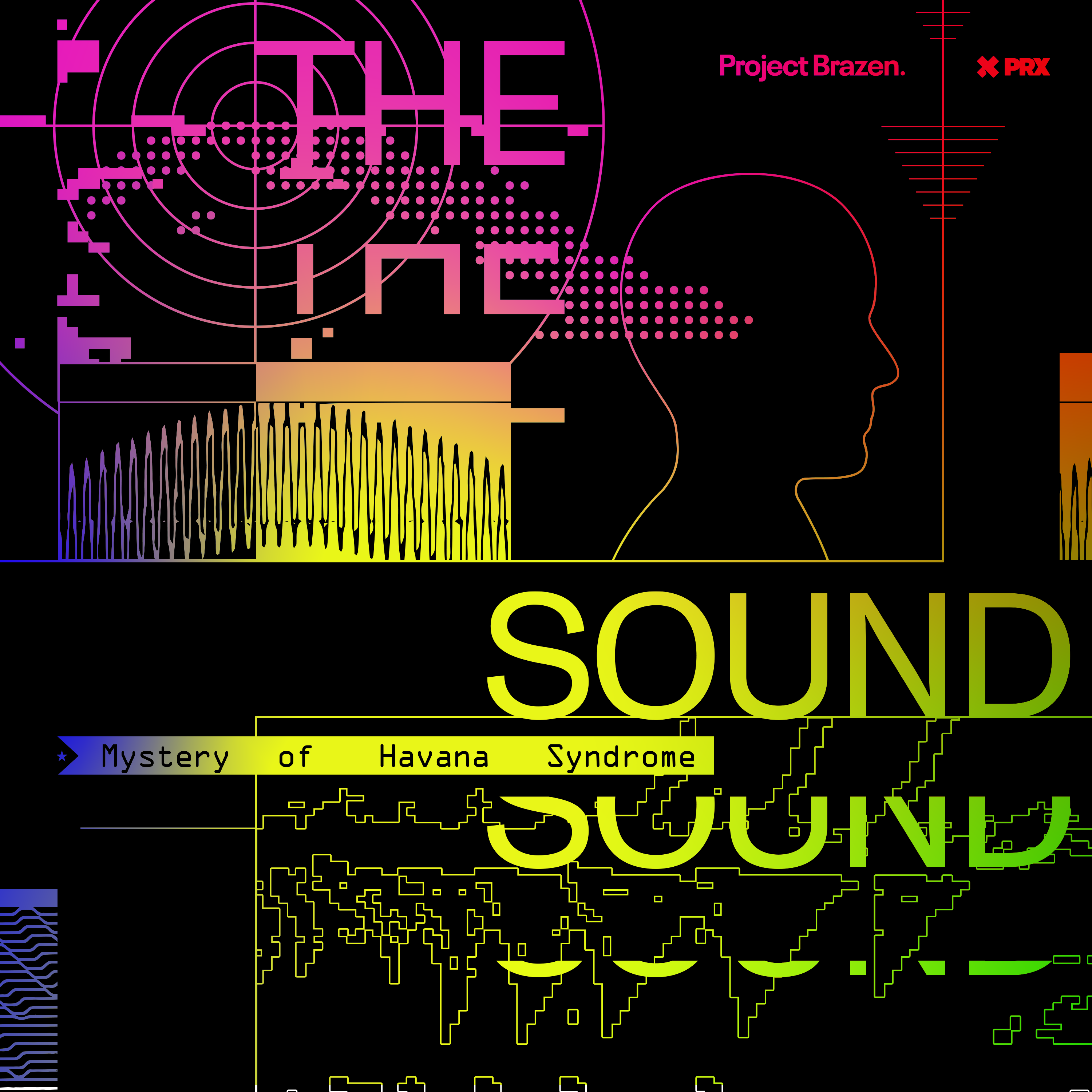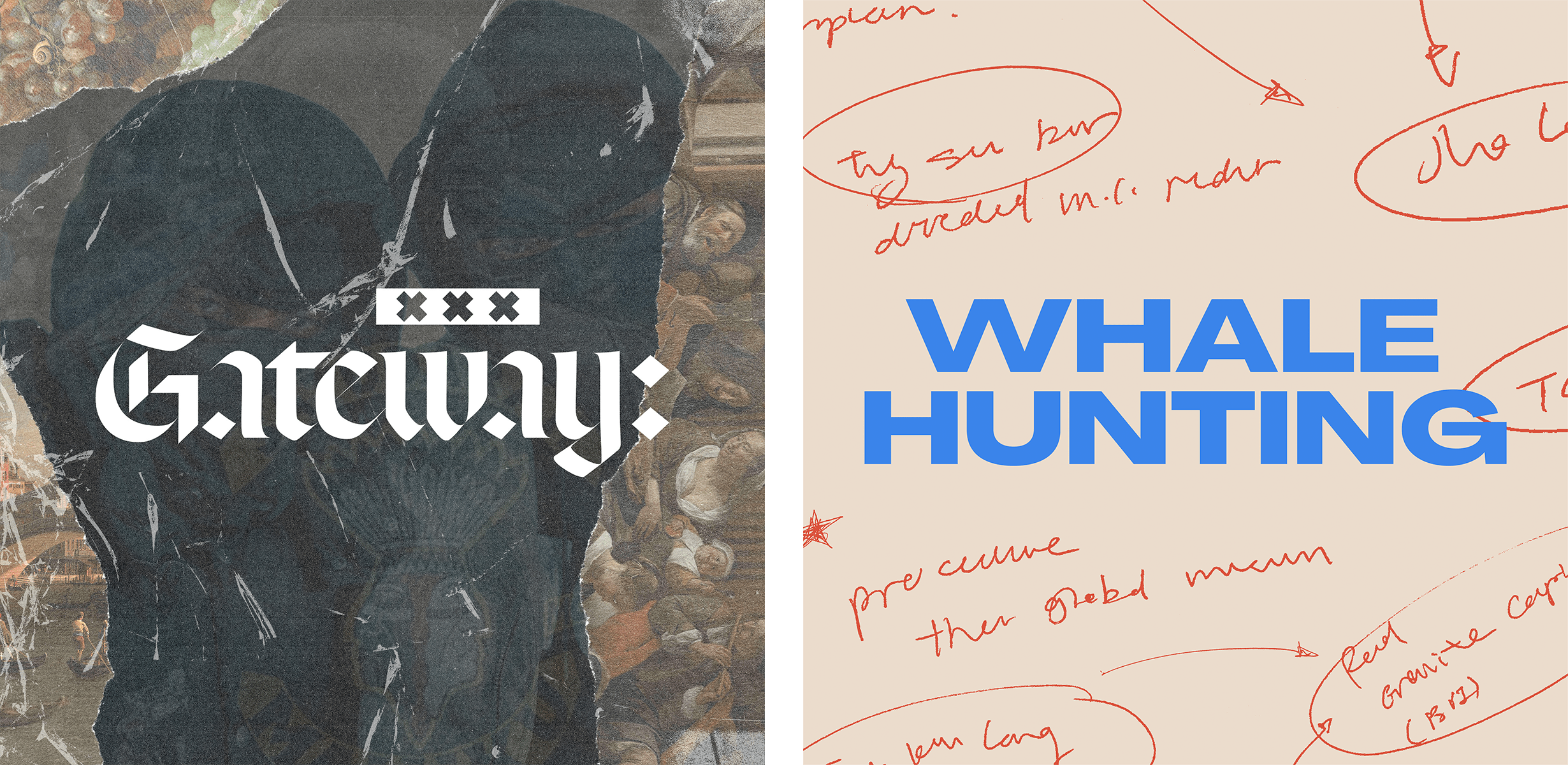
Investigating Havana Syndrome
In 2016, U.S. diplomatic personnel, including undercover CIA officers, in Havana, Cuba, began reporting a series of extraordinary, and worrying, physical ailments. Affected individuals reported suffering extreme nausea, dizziness, headaches, and memory loss, among other symptoms. Many of the affected officials said they had heard an ear-shattering, high-pitched sound just prior to feeling ill. For some, these experiences have led to chronic crippling health problems.
You’ll recall that, at first, the U.S. government tried to keep the investigation into these “anomalous health incidents”--colloquially known, now, as Havana Syndrome–under wraps. But the secret probe into these events soon leaked into the press. Were they some sort of attack by the Cubans, or perhaps another historical U.S. adversary, like Russia? Was there an environmental explanation for them? Or perhaps a psychogenic one?
Eventually, examples of potential Havana Syndrome incidents mushroomed, with events reported in China, India, Europe–and even the U.S. itself.
There has been so much heat around Havana Syndrome, and so little light. The Sound, a new podcast from Project Brazen hosted by Nicky Woolf, aims to help re-balance things.

There’s a certain kind of Washington, D.C., story–often, though not exclusively, found, on the national security beat–where these factors all coalesce at once, leading to a sort of political frenzy. This happened with Havana Syndrome. It was like a switch was turned on: first, no one in official Washington wanted to breathe a word about these potential attacks; then, just as rapidly, it seemed, there was an explosion of discussion about it. Congress started pontificating about it openly, passing bills to aid victims. It became a factor in U.S. foreign policy. Prominent intel vets became stalwart public advocates for aiding the affected, and punishing the alleged perpetrators.
The subject became incredibly contentious, both within the U.S. intelligence community and larger U.S. national security apparatus, and in the press. If these events were physical attacks, carried out by a foreign power, they represented a serious escalation, and demanded a firm response. But how would such an attack be executed? Via some sort of sonic or microwave weapon? And how would those even work, in practice?
The U.S. intelligence community is often treated as monolithic, but I can tell you from personal experience, nothing is further from the truth. And in extensive conversations I had with different veterans from that world, there was significant divergence over the causes of these events, though many speculated that some of the cases were the work of Russia. How Moscow’s operatives might actually have carried out these attacks, however, was subject to a lot of debate.
I contributed a bit of reporting for the series, regarding a potential attack on U.S. soil on an undercover CIA officer, and some of the tensions between CIA and FBI over the allocation of resources for tracking potential perpetrators for these incidents. (You’ll hear about this later in the podcast.)
The story of Havana Syndrome, in The Sound, is about the search for its causes–but also about how this story itself became reflected, and twisted, through the prism of government secrecy, bureaucratic pettiness and malaise, and the very human tendency to seek a coherent, singular explanation for events that may not possess one.
Just where Nicky and his team will take us–and where they’ll land on the ultimate causes, or explanation for, Havana Syndrome, is a mystery to me, too. If there even is one, or it’s at all knowable, outside the heavily fortified walls of an intelligence agency somewhere on this globe. I’d listen to The Sound to find out.

Get in touch at zach@projectbrazen.com or securely at brushpass1@protonmail.com.
